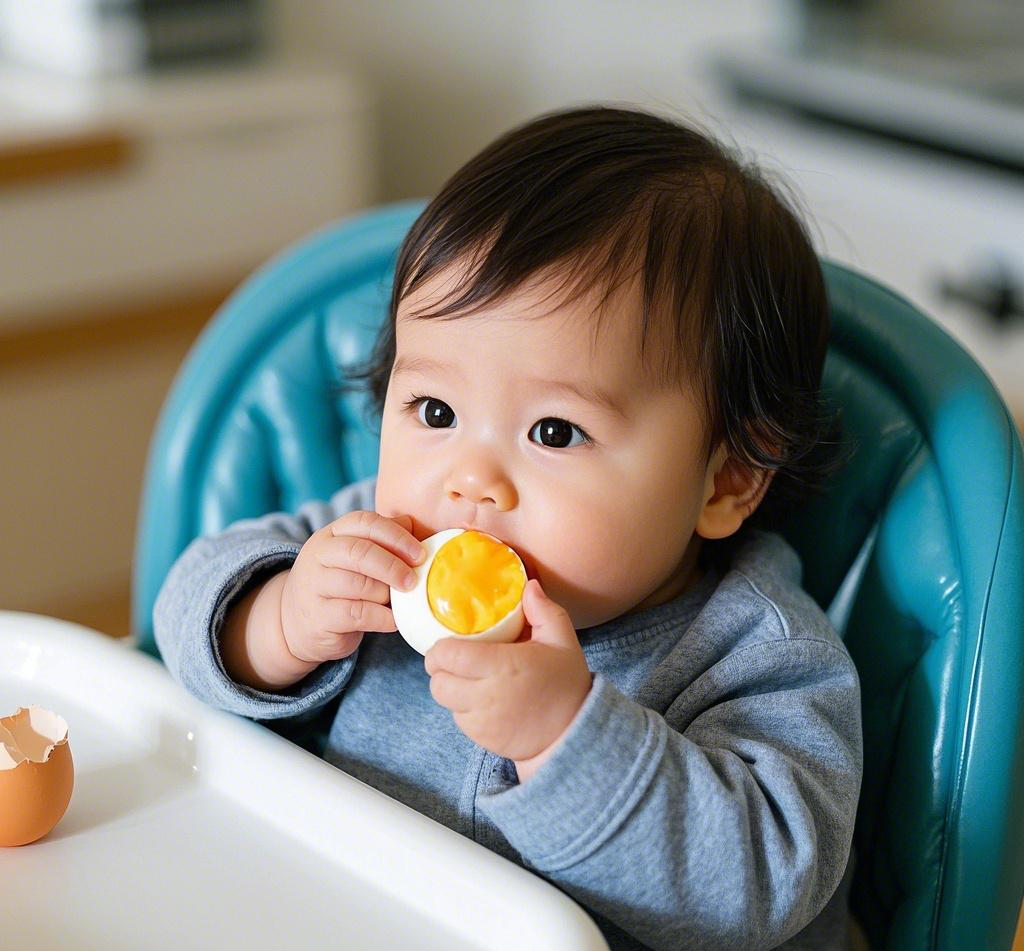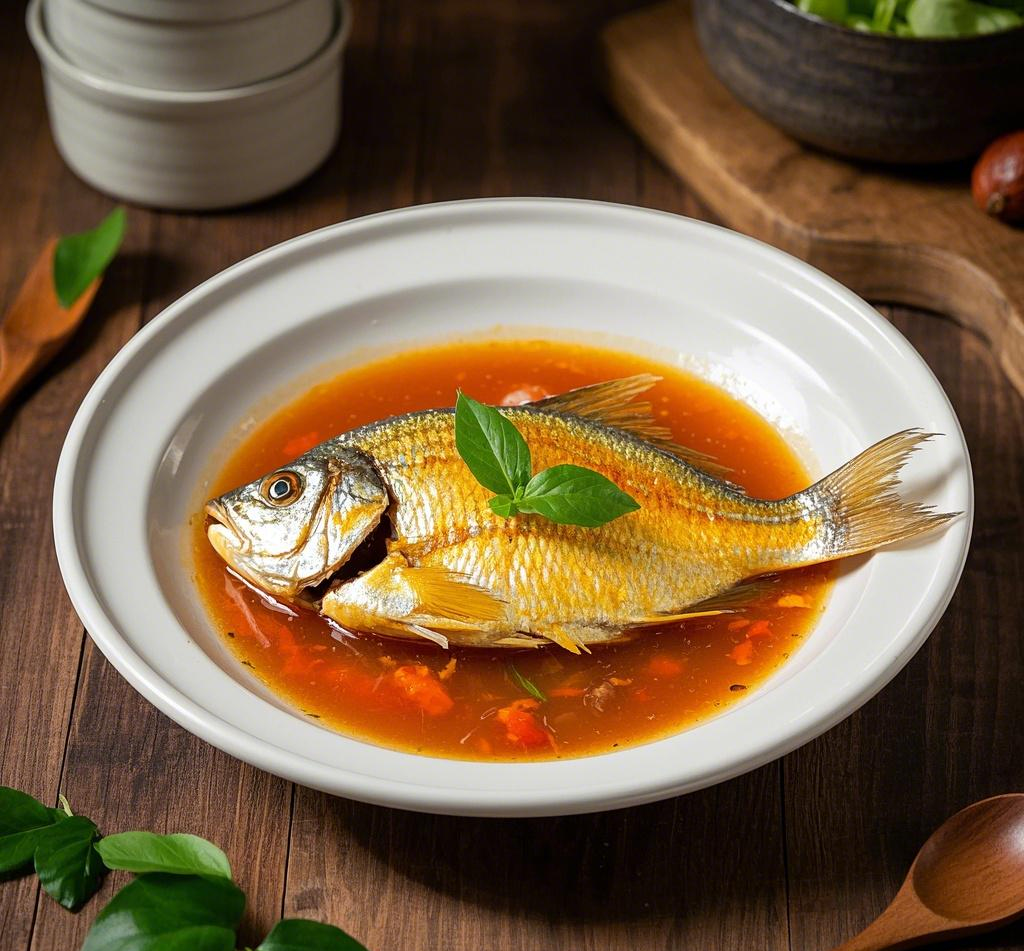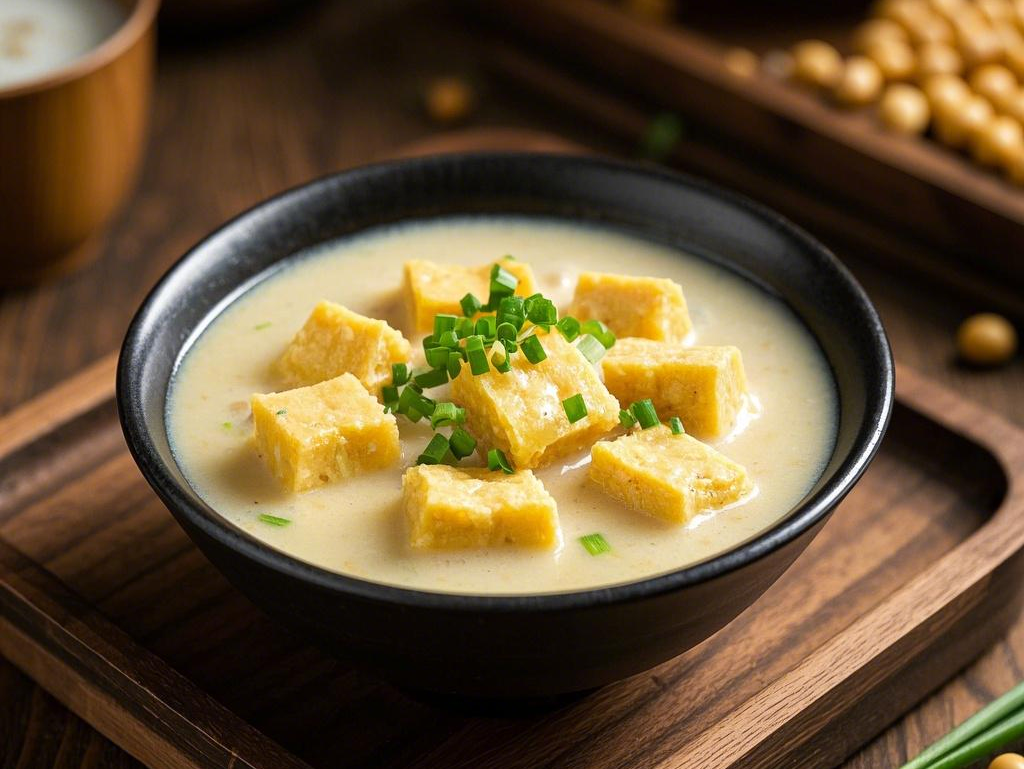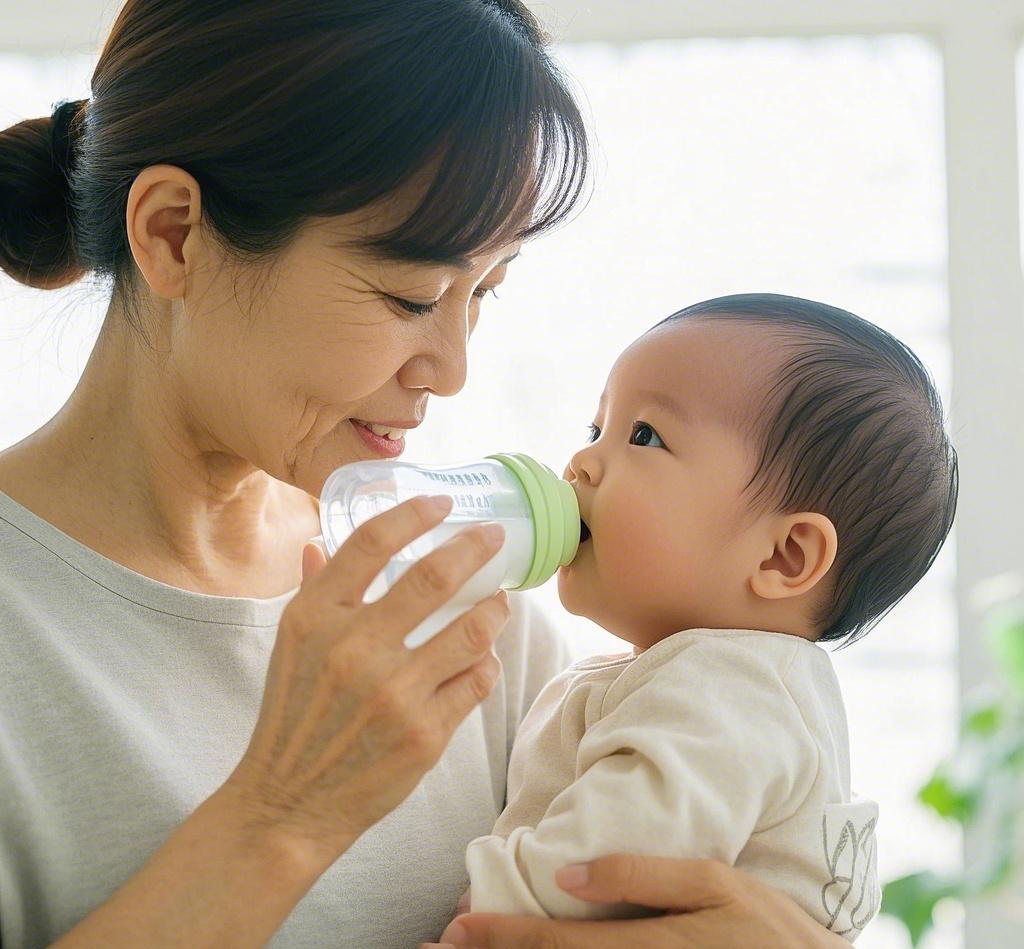Introduction: Is Your Baby Ready for Solid Foods?
The moment your baby starts their journey with solid foods is filled with excitement and, of course, a little nervousness. It’s a new world filled with different ingredients, combinations, and textures. Watching your little one take their first bites is almost as thrilling as eating a delicious meal yourself!
However, amidst the excitement, there’s one thing to be cautious about: baby food allergies.
You might think it’s just a simple food allergy, but it’s more than that. For some ingredients, it’s like a ticking time bomb—too much or the wrong combination could trigger an allergic reaction. Today, we’re diving into the types of food that may cause allergies in babies and how to handle an allergic reaction if it happens.
What Are Baby Food Allergies?
Baby food allergies occur when your baby’s immune system overreacts to certain proteins in food. It may sound complex, but it simply means that your baby’s body doesn’t “like” certain ingredients. As a result, eating these foods could lead to symptoms such as rashes, diarrhea, vomiting, or even difficulty breathing.

Common Symptoms of Baby Food Allergies
It’s essential to recognize the signs of a food allergy so you can act quickly. Here are some common symptoms to look out for:
Skin Reactions
Skin issues are the most common manifestation of a food allergy in babies. This can include rashes, itching, and swelling. If your baby’s skin develops red spots or swelling after eating a particular food, it’s time to take notice.

Digestive Problems
Food allergies often trigger digestive issues. Vomiting, diarrhea, constipation, and stomach pain are common symptoms. These symptoms typically appear soon after the baby eats a specific food.
Breathing Problems
Some babies may experience difficulty breathing or wheezing after eating certain foods. This is a serious reaction that needs immediate attention, as it can be life-threatening. This kind of allergic reaction may lead to anaphylaxis, a severe, potentially fatal allergic reaction that requires urgent treatment.
Eye Reactions
If your baby’s eyes become swollen, red, or watery, it could indicate a food allergy. This may also be accompanied by nasal congestion and sneezing.

Which Foods Are Common Triggers for Baby Allergies?
Now that we understand what food allergies look like, let’s discuss the specific foods that are more likely to trigger allergic reactions in babies. As you begin introducing solids to your baby, it’s crucial to introduce new foods slowly and watch for any adverse reactions.
1. Milk and Dairy Products
Milk allergies are common, especially in babies under six months. Some babies have allergic reactions to the protein in cow’s milk, which may cause symptoms like skin rashes, vomiting, and diarrhea.
Recommendation: For babies under six months, stick to breast milk or formula. If your baby is allergic to formula, you may need to switch to a hydrolyzed formula or another type suited to their needs.

2. Eggs
Eggs are another common allergen, particularly the egg white. Babies may react with rashes, vomiting, and even difficulty breathing after consuming eggs.
Recommendation: Start by introducing egg yolk first, and carefully monitor for any signs of allergy before offering egg whites.

3. Peanuts and Nuts
Nuts, such as peanuts, almonds, and cashews, contain proteins that can trigger severe allergic reactions in some babies.
Recommendation: Avoid giving peanuts and other nuts to babies under six months. As your baby grows, introduce nuts carefully and observe for any allergic reactions.

4. Fish and Shellfish
Fish allergies are common in babies, and shellfish, including shrimp and crab, can cause allergic reactions as well.
Recommendation: Introduce fish and shellfish carefully and always perform an allergy test before adding these foods. Choose easy-to-digest fish like salmon, and always cook them thoroughly, removing bones and skin.

5. Wheat and Gluten
Wheat allergies often go hand in hand with gluten intolerance. This can lead to digestive issues like diarrhea and stomach pains, and in some cases, skin reactions like rashes.
Recommendation: Avoid introducing wheat and gluten-rich foods (like bread, pasta, and dumplings) until your baby is between 8-12 months old. If you notice any symptoms, stop the food and consult a doctor.
6. Soy
Soy is another common allergen, especially soy protein. Some babies may experience gastrointestinal upset, vomiting, and diarrhea when exposed to soy-based products.
Recommendation: Avoid soy and soy-based products when first introducing solids, particularly if your baby has a history of other food allergies.

What to Do if Your Baby Has an Allergic Reaction?
If you suspect your baby is having an allergic reaction to a food, stay calm. Here’s what to do:
1. Stop Feeding the Suspected Food
As soon as you notice any allergic symptoms, stop giving your baby the suspected food immediately. This will help prevent the reaction from worsening.
2. Seek Medical Help
If your baby is experiencing severe reactions, like trouble breathing, swelling, or redness, go to the hospital immediately. These symptoms may indicate anaphylaxis, a life-threatening reaction that needs urgent treatment.

3. Monitor Your Baby’s Reaction
For mild reactions, like rashes or slight vomiting, you can monitor your baby at home. Keep track of any symptoms and note the food they ate. Don’t feed your baby the suspected food again.
4. Hydrate
If your baby is vomiting or experiencing diarrhea, keep them hydrated by giving them water or an oral rehydration solution to prevent dehydration.

Conclusion: Being Cautious with Baby’s First Foods
Introducing solids to your baby is an exciting milestone, but it’s also important to proceed cautiously. Being aware of common allergens and how to manage allergic reactions will help ensure your baby’s food journey is safe and enjoyable.



















